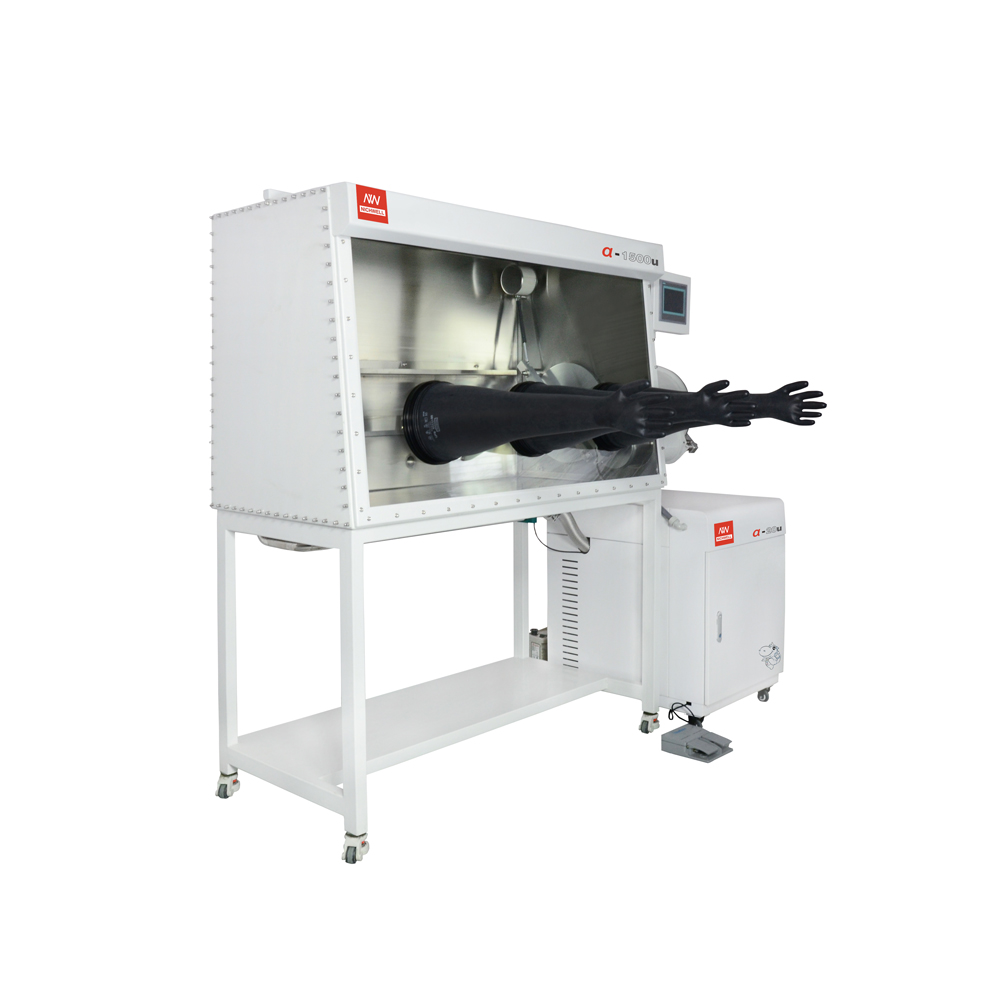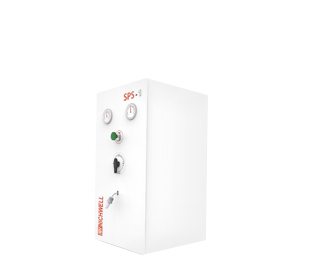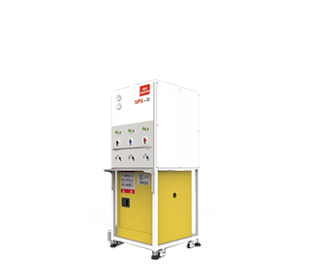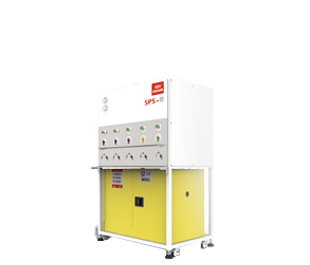When the lithium ion battery is operating normally, the negative electrode ends of the negative electrode fluid and the positive end of the positive electrode collector form an electronic pathway, an electrolyte and a positive and negative electrode active material, an electrolyte, and an ion passage. Together to form a loop to achieve the purpose of normal work. As the demand for lithium-ion batteries is gradually increased, people's performance requirements have become higher and higher, especially for the cycle performance of the battery, and the amount of the battery is important parameters to ensure battery cycle. The amount of liquid can cause the cyclic attenuation to be too fast, causing the battery life attenuation too fast. However, excessive amount of liquid can cause a battery expansion, destroy the overall structure of the battery.
In the traditional lithium battery solution, it is generally used for artificial liquidification, and one-to-one hydrothermal processing is performed, the liquid-liquid precision is low, low production efficiency and poor safety.
Although there are also two forms of automatic electrolyte ketvollers in two forms of forward liquid liquid and vacuum inverted, the vacuum tether injection molding is high, and the sealing conditions are highly required. Strict; while the forward nitting method also has a technical problem that the liquid-liquid precision control is difficult.
And the existing tissue, which is generally carried out in an atmosphere environment, while if the moisture content in the atmospheric environment is high, the water in the atmosphere and the lithium solute hexafluorophosphate reaction, forming hydrofluoric acid, which is for the battery. Electrochemical performance and safety performance have a large impact. Moreover, existing tissue can't detect the amount of liquid in the niche process, which can not be discovered instantly discovered unqualified problems and equipment problems. As well as the existing tether, it does not have a sealing function, and the lithium battery after the nice requires a special sealing machine to be sealed, and the production efficiency is low.
In view of this, Nichwell provides a lithium battery automation production line to solve the low efficiency of existing lithium battery electrolytic solutions, poor liquidation accuracy, and no moisture and electrolyte solute hexafluorophosphate in the atmosphere when nicking.

Nichwell lithium battery automation production line can achieve automatic scanning code in the super purification glove box - ketvate - weighing - hydraulic-sealing operation, achieve efficient and complete unmanned automation, sealing the battery after the stock, battery sealing Automatic completion, high production efficiency.
Your email address cannot be published. Required fields are marked*





No comments